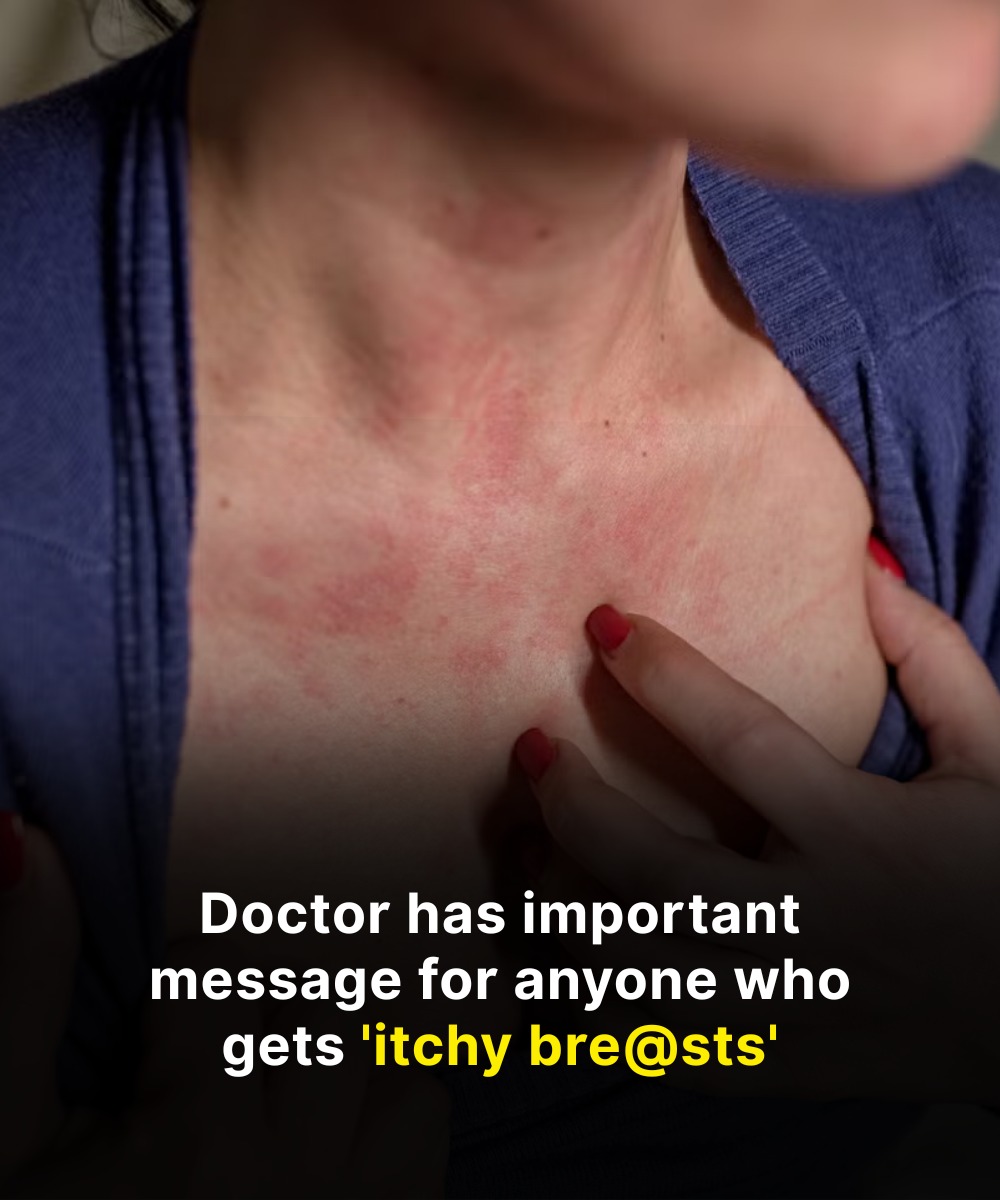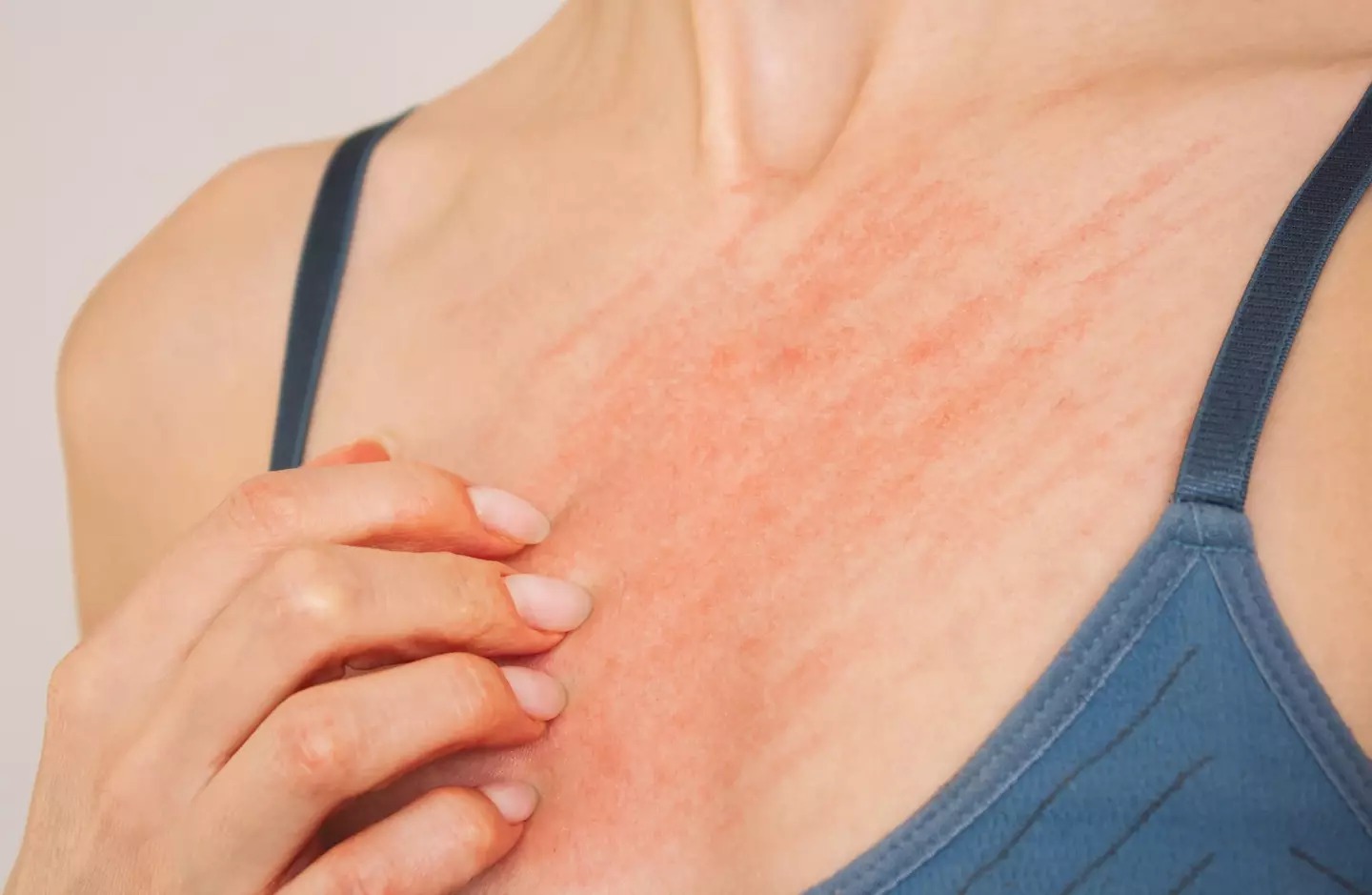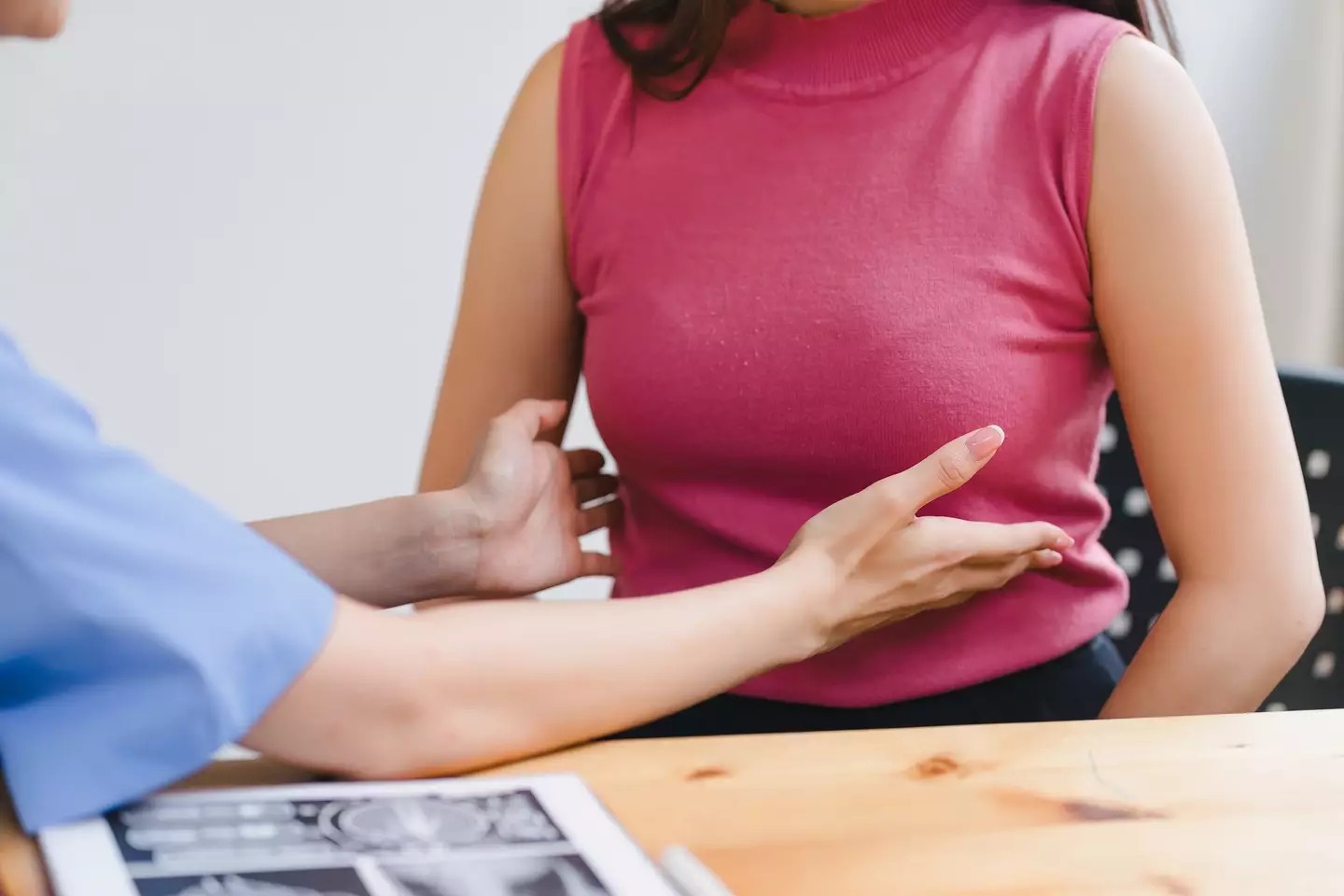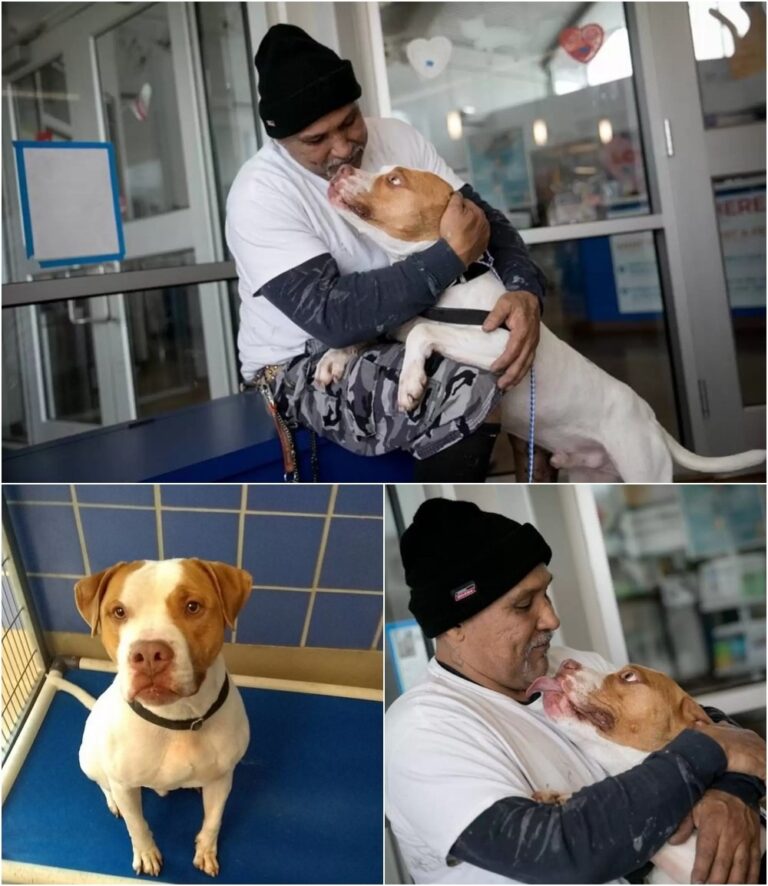
For many people, breasts come with their fair share of annoyances—whether it’s the discomfort of badly fitting bras, back pain from a larger chest, or tenderness during periods. Lately, another issue has been trending: itchy boobs.
According to Bupa UK Insurance, searches for “itchy boobs” rose 14 times between July and August, while “one itchy nipple” tripled and “itching below breast” doubled.
With Breast Cancer Awareness Month approaching, Dr. Tim Woodman, Medical Director for Cancer Services at Bupa UK Insurance, addressed the concern.
He explains that breasts, like any other part of the body, can feel itchy from time to time.
“It’s rare for itchy breasts to be a symptom of breast cancer,” he says, “but if you have a patch of skin on or around your breasts that you find yourself regularly scratching, it’s always worth getting it checked by a health professional.”

Could It Be Cancer?
While unusual, breast cancer can sometimes cause itching. Inflammatory breast cancer, though rare, can lead to skin changes such as redness, swelling, pain, and itching.
Another condition, Paget’s disease, affects the nipple and areola and can cause sore, itchy, or bleeding nipples. In some cases, this may develop into cancer within the breast ducts.
More commonly, however, itching is linked to conditions like eczema or mastitis, which cause irritation and inflammation.
“If you find that you regularly need to scratch the skin on or around your breasts, you should get it checked,” Dr. Woodman advises.
Common Warning Signs of Breast Cancer
Breast cancer rates in the UK have risen by 18% since the early 1990s, making awareness of symptoms crucial. The most common sign is a new lump or skin thickening, either on the breast or under the arm.
Other symptoms to watch for include:
Pain or lumps in the armpit
Redness, rash, crusting, or inflammation around the nipples
Changes in breast size or shape
Changes in nipple appearance, such as inversion
Altered skin texture on the breast
Nipple discharge or bleeding
While these signs don’t always mean cancer—since many lumps are benign—it’s important to be checked to be sure.

Reducing Your Risk
Dr. Woodman says about a quarter of UK breast cancer cases could be prevented through lifestyle changes. He recommends:
Maintain a healthy weight: Eating a balanced diet and exercising 150 minutes per week lowers risk.
Exercise regularly: Helps with weight, reduces stress hormones, and lowers inflammation.
Limit alcohol: Fewer drinks mean lower breast cancer risk.
Quit smoking: Some research suggests a link between smoking and breast cancer, plus it improves overall health.
Check your breasts often: Knowing what’s normal makes it easier to spot unusual changes.





